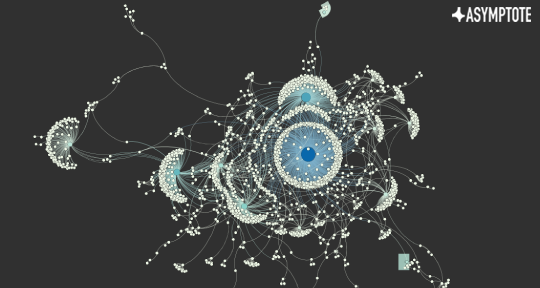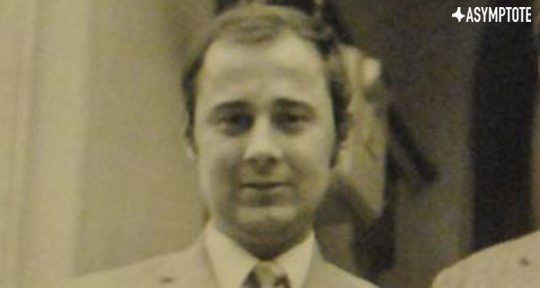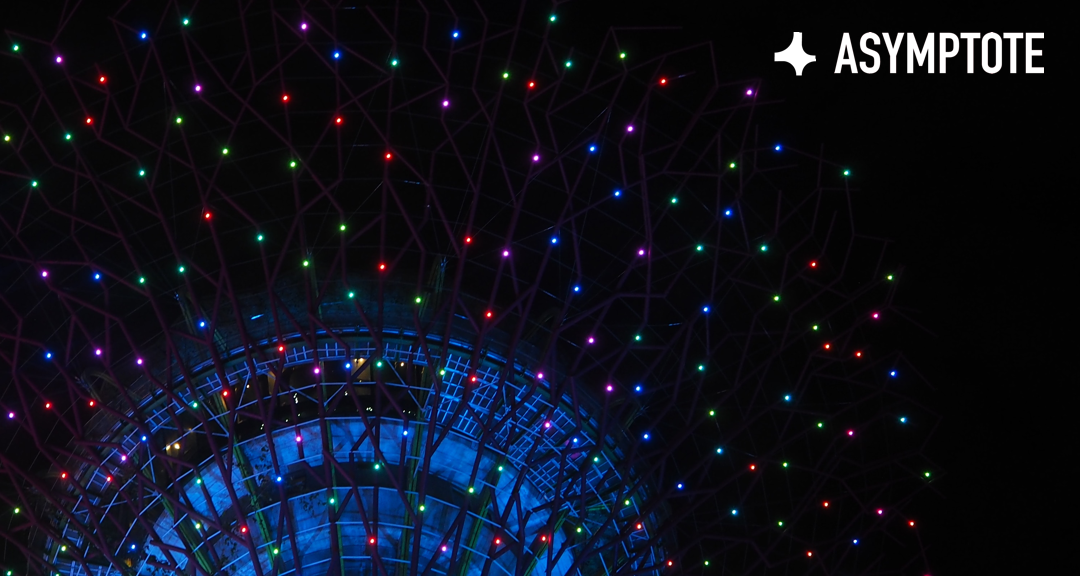This week, our reporters tell us about the literary response to the demonstrations in Hong Kong and the translation of protest poetry by The Bauhinia Project, book fairs in Vietnam, as well as guiding us through the many Romanian writers performing at the largest Central European literary festival, the Author’s Reading Month festival.
Jacqueline Leung, Editor-at-Large, reporting from Hong Kong
The extradition bill demonstrations in Hong Kong have been ongoing for four months and show no signs of stopping. There has been countless speculation over the city’s standing as a financial and trading center, but what has happened for certain is the plethora of art created in response to the movement. In an interview on the subject of contemporary art, a museum curator placed her bets: “The greatest art is going to be produced in Hong Kong.”
The same could be said for its literature. Since June, Hong Kong’s literary scene has actively documented current happenings through poetry, fiction, and criticism. Numerous local literary magazines, including Fleur des lettres, Voice & Verse, and Formless, are running issues dedicated to the protests, and the activity is not restricted to within the city’s borders. In particular, there is an initiative to translate protest poetry from Hong Kong for an international audience. In July, The Bauhinia Project was launched by an anonymous Hong Kong poet in Berkeley, California. Named after the city’s flower emblem, the project gathers poetry submissions and testimonials in text or audio from anonymous sources. The submissions are then translated into English and made into postcards. So far, the postcards have been displayed in a series of exhibitions held in Germany as well as different cities in California. The Bauhinia Project is also curating events on the extradition bill movement. On September 25, a panel discussion on misinformation and misunderstanding surrounding the protests abroad were held at Moe’s Books in San Francisco and featured six speakers, among them Hong Kong poet Wawa, previously interviewed on Asymptote on her medium-pure poetry, and writer Henry Wei Leung.
I will also moderate a discussion on civil society and literature between writer Hon Lai Chu, who spoke about politics and literature at the Frankfurt Book Fair earlier this year, and playwright Yan Pat To, whose latest play, Happily Ever After Nuclear Explosion, premiered in German at Munich’s Residenz Theater and subsequently in Cantonese at Tai Kwun, an arts and heritage site in Hong Kong, and South Korea’s Asia Playwright Festival. The event is part of Goethe-Institut Hong Kong’s wider series on civil society and art, which previously covered independent films, LGBT, and moving images. READ MORE…









